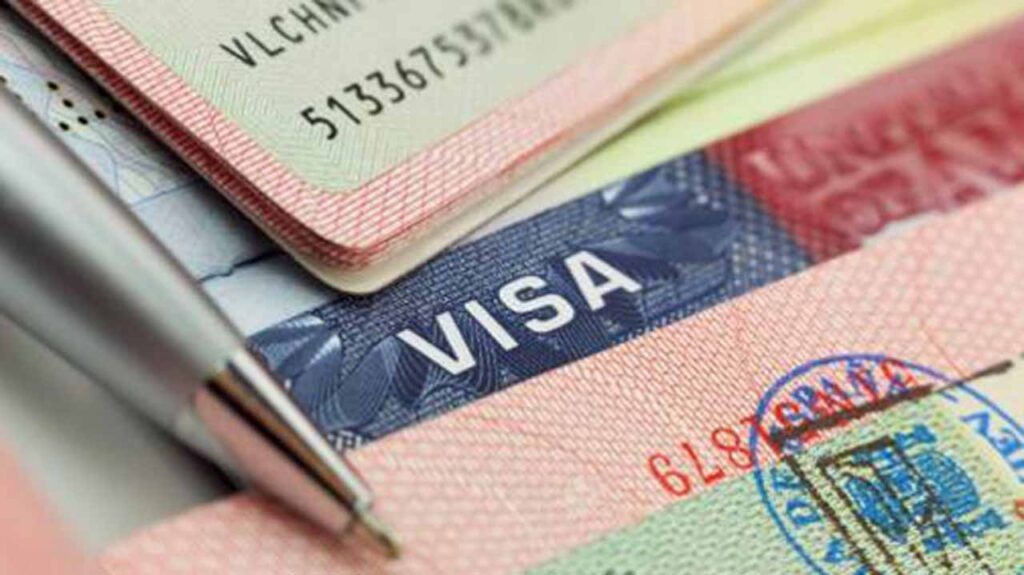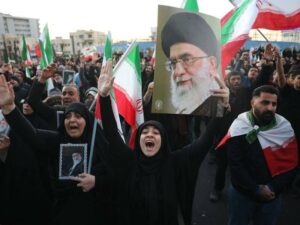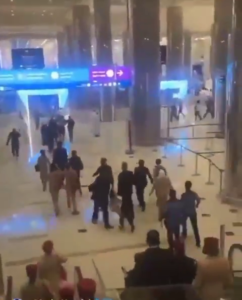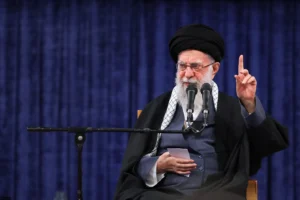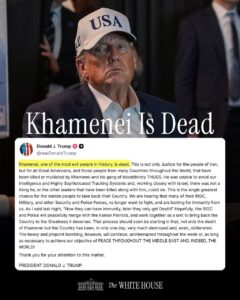Reports suggest that the United States Embassy in Nigeria has started quietly cancelling valid visas for Nigerian citizens.
This move has left professionals, business owners, frequent travellers, and families with disrupted plans and unexpected expenses.
Olufemi Soneye, former Chief Corporate Communications Officer at NNPC Ltd, shared insights about the situation in his article titled “The Quiet Revocation: Why is the U.S. Silently Cancelling Nigerians’ Visas?”
Affected individuals have reportedly received official letters from the U.S. Embassy in recent weeks, asking them to hand in their passports at the Lagos or Abuja consulate. After submission, their visas were cancelled without any explanation.
The notices referred to Title 22, Code of Federal Regulations, Section 41.122, stating that “new information became available after the visa was issued.” However, the letters did not explain what the new information was, nor did they provide any way to appeal the decision.
High-profile people are among those affected, including a well-known journalist, the head of a government agency who had an international engagement, and an entrepreneur based in Abuja with a clean travel history.
Other impacted groups include professionals and frequent travellers who depend on visas for education, medical treatment, family visits, and important business trips.
Some travellers only found out about the cancellations at airports or boarding gates, and a few were briefly held by immigration officials before being turned back. Many had to cancel trips, refund tickets, and explain to partners why they could not attend crucial meetings.
Despite the seriousness of these cancellations, neither the U.S. Embassy nor Nigerian authorities have made any public statements about the situation, leaving affected citizens uncertain about their next steps.
Those impacted say they have always followed visa rules, never overstayed, and never posed security concerns. The sudden revocations have raised fears that U.S. visa policies might be quietly tightening specifically against Nigerians.
